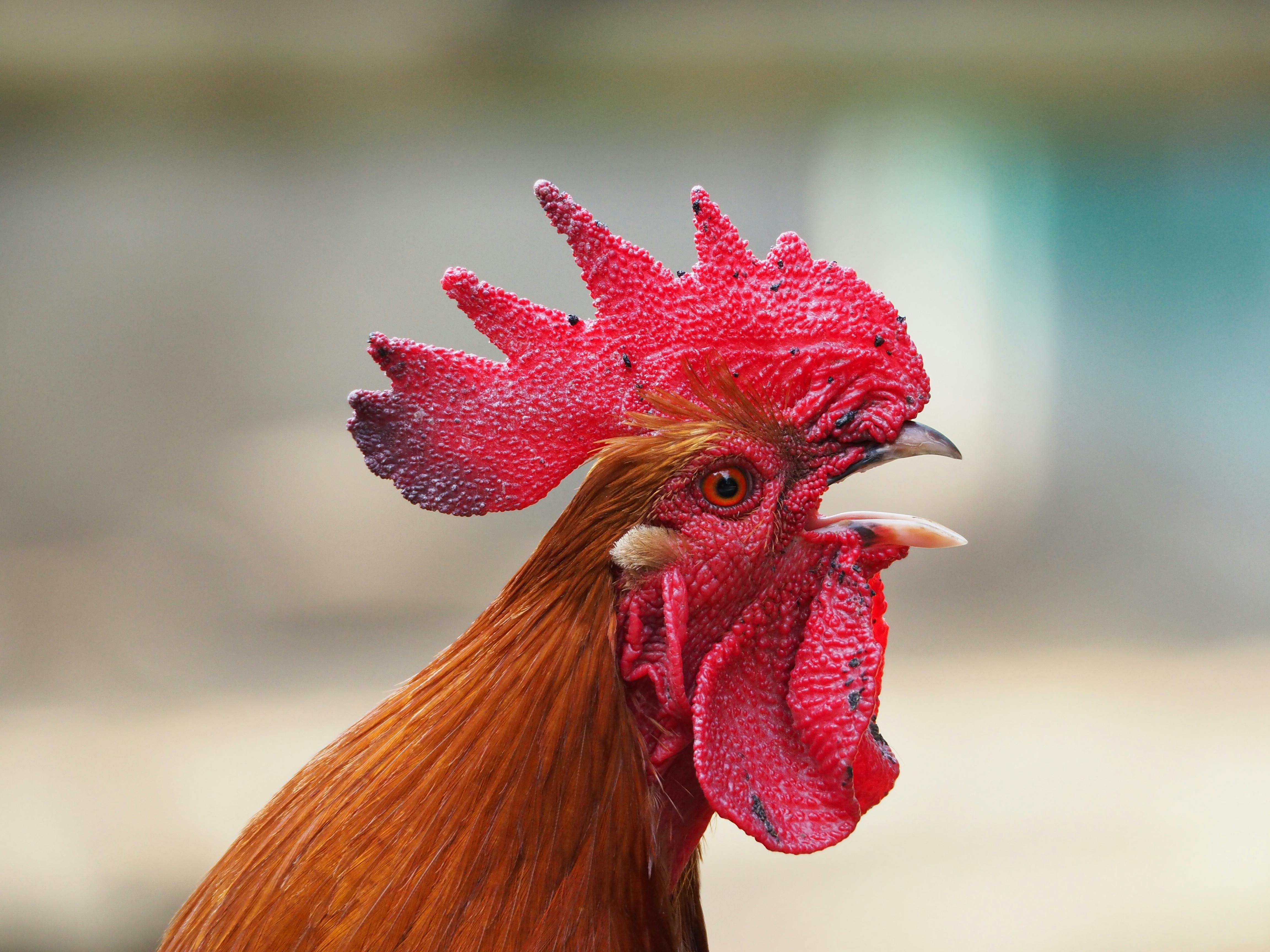How to Care for Your Bird's Beak: A Comprehensive Guide

How to Care for Your Bird's Beak: A Comprehensive Guide
Caring for your bird involves more than just providing food and a clean habitat. One of the essential aspects of avian care is maintaining the health of their beak. A bird's beak is not just for eating; it serves various purposes such as grooming, manipulating objects, climbing, and defending. This guide offers detailed insights into how to properly care for your bird's beak, ensuring it stays healthy and functional throughout their life.
Understanding the Importance of Beak Health
The beak of a bird is a complex structure that continuously grows throughout their life, much like human nails or hair. The condition of a bird's beak can often reflect its overall health. Beaks that are overgrown, chipped, or otherwise damaged can affect a bird's ability to eat and interact with their environment, leading to further health complications. Thus, regular beak care is crucial.
Regular Observations and Check-Ups
Start by regularly observing your bird's beak. Look for any abnormalities such as discoloration, cracks, or unusual wear patterns. It's important that these check-ups are done frequently to catch any issues early. If you notice anything alarming, it is advisable to consult a vet who specializes in avian care. Professional avians can perform precise beak trimming and provide guidance tailored to your specific bird species.
Proper Diet for Beak Health
Feeding your bird a balanced diet is vital for maintaining a healthy beak. Diets lacking in essential nutrients can lead to beak abnormalities. Incorporate a variety of foods that are rich in vitamins and minerals. Foods such as fresh fruit and vegetables, along with high-quality pellets, can provide the necessary nutrients. Additionally, providing hard foods that require breaking or cracking can help naturally wear down the beak.
Providing Beak Grooming Tools
To aid in beak maintenance, equip your bird's cage with grooming tools. Cuttlebones, mineral blocks, and wooden chew toys can be excellent resources for your bird to naturally trim and maintain their beak. These tools not only keep the beak in shape but also provide mental stimulation and physical activity.
Monitor and Adjust Humidity Levels
Humidity plays a crucial role in the health of a bird's beak. Low humidity levels can lead to dryness and brittleness, while too much moisture can cause the beak to become overly soft. Maintaining a controlled environment with appropriate humidity can help avoid these issues. Regular use of a hygrometer can help you monitor the cage's humidity levels effectively.
Regular Vet Visits
Regular veterinary check-ups are essential for maintaining your bird's overall health, including their beak. An avian vet can provide comprehensive check-ups, including beak assessments to ensure there are no underlying health issues. These visits can also be a great opportunity to discuss any concerns and get professional advice on beak care specific to your bird's species and health status.
Caring for your bird's beak is a continuous responsibility that requires attention and dedication. By following these steps, you can ensure that your bird remains happy, healthy, and active. Remember, each bird is unique, and what works for one may not work for another, so always be attentive to the needs of your specific pet.